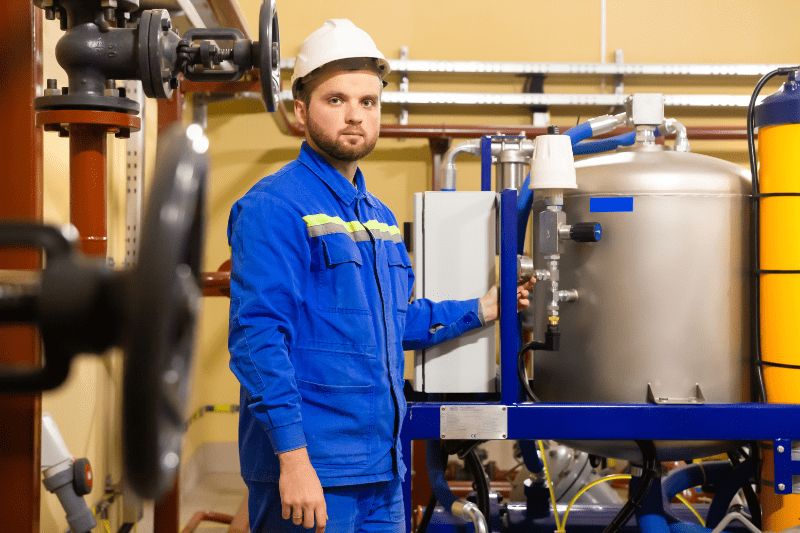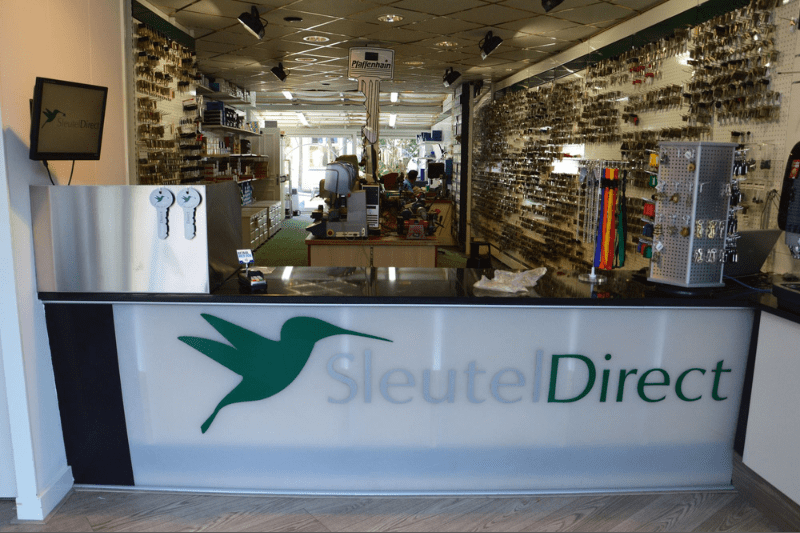Otolift is one of those companies that many people count on but rarely talk about. They make stairlifts. Simple, quiet machines that help people move freely at home when stairs become a challenge. It’s a deeply personal service—because when you can’t use your stairs, even a small delay can affect your daily life.
From the outside, installing a stairlift might seem straightforward. But behind the scenes, it takes a lot of work. Each staircase is different. Each customer has unique needs. And every rail needs to be made to measure. This means careful planning, fast reactions, and precise coordination between teams.
Otolift does all this across several countries, every single day.
The Challenge of Doing It All, Every Day
For years, Otolift ran a tight operation—but the planning and service flow wasn’t always smooth. Installation teams sometimes got job info too late or missed a change. Paperwork could pile up. When a customer asked for an update, someone would have to stop what they were doing to check with the technician or search through notes.
The work always got done. But it took a toll—on time, on clarity, and sometimes on the customer experience.
That’s where Wello came in.
A Simple Tool That Changed the Way the Day Feels
Wello didn’t overhaul how Otolift worked—it just made their days easier. Now, every new job goes into Wello as soon as it’s confirmed. The planning team adds all the important details: location, equipment type, parts needed, and even specific instructions from the customer.
The field technician sees all of this right in their Wello app. No more printing. No more chasing down updates. When they arrive at someone’s home, they know exactly what to expect—and they know what needs to be done.
While working, they can take photos, tick off steps, add a note if something changes, or capture a digital signature. It’s fast, clean, and all in one place.
As soon as the job is done, the report is ready. The customer gets it, and so does the office. No need for follow-up calls, no paperwork to fill out later, and no waiting around.
What Really Changed
The biggest difference wasn’t just in the tasks—it was in the feeling of the work.
Technicians now walk into homes prepared. They don’t second-guess what they’re there to do. If something unexpected happens, they log it on the spot. No one has to chase them later for answers.
The office team doesn’t spend time calling or emailing to ask, “Is the job done?” They can see it in Wello, in real time. And when a customer calls to ask for an update, they get an answer right away.
This clarity helps everyone focus. The planners can make better decisions. The technicians can move with confidence. And customers—often older adults or people with mobility needs—get faster, smoother service.
That’s a win on all sides.
From Stressful to Steady
Before Wello, Otolift’s teams were often juggling things at the last minute. Now, their days have more flow. Technicians do more in less time, without rushing. Office staff feel less pressure. And service quality is more consistent—even when things get busy.
Wello has become the quiet backbone of their operations. It keeps people, parts, and plans in sync without anyone needing to think about it too much.
For a company that helps people move safely at home, it’s only right that their own work moves just as smoothly.
If your business handles on-site work, custom installations, or service calls—and you want to keep it simple, steady, and reliable—Wello can help you too.











